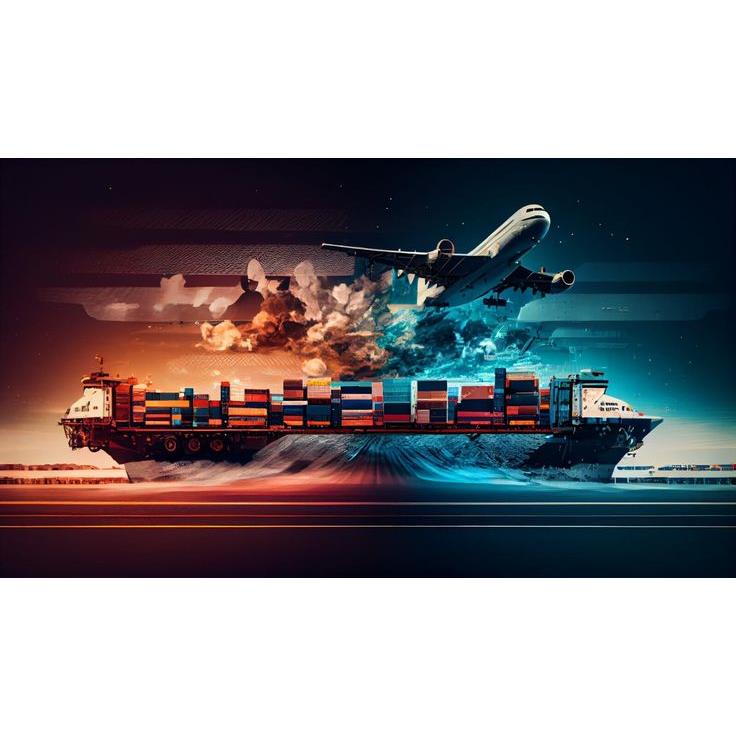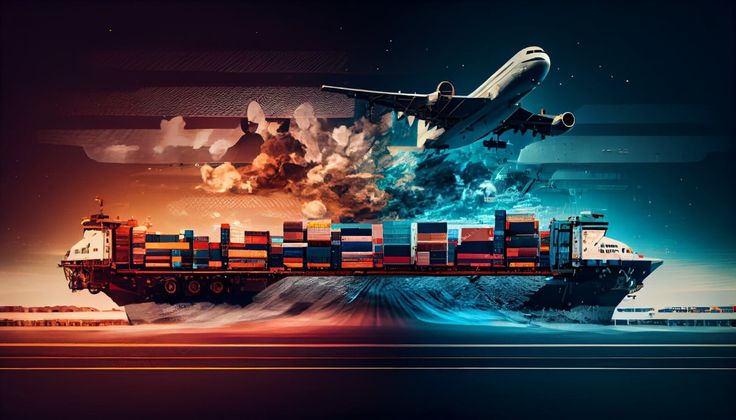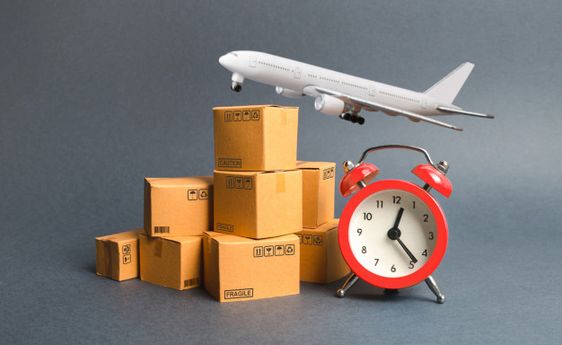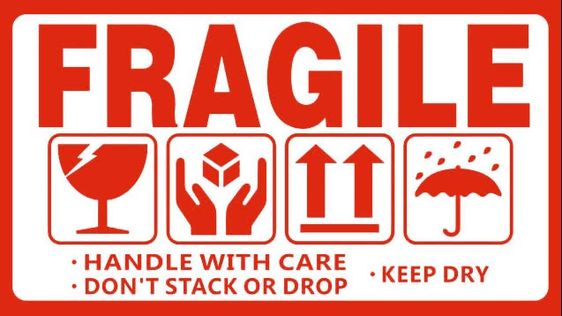 What are importers' common challenges, and how AGen Solution help freight forwarders assist them?
What are importers' common challenges, and how AGen Solution help freight forwarders assist them?
What are importers' common challenges, and how AGen Solution help freight forwarders assist them?
(Addressing Importers' Challenges with AGen Solution in Freight Forwarding)
Introduction

Are you facing headaches when trying to import goods? Many importers deal with common challenges that make the process difficult and costly. From customs delays and unexpected costs to transportation issues and damaged goods, these problems can quickly turn a simple shipment into a major hassle.
1. Customs Delays and Compliance Issues

Importers often face delays because customs rules and paperwork are complicated. If the required forms and documents are not filled out correctly or completely, shipments can get stuck at customs. This can cause significant delays in receiving goods. Additionally, failing to follow customs regulations can lead to fines, penalties, or even the seizure of goods.
2. Logistics Coordination and Transportation Delays

Coordinating the movement of goods across different carriers and transport methods is complicated. Delays can happen due to weather conditions, strikes, port congestion, or logistical errors, causing disruptions in delivery schedules and the entire supply chain.
3. Damage or loss of Goods
 During transportation, goods can be damaged or lost for several reasons, such as rough handling, accidents, or theft. Improper packaging increases the likelihood of damage, while theft can occur if security measures are inadequate.
During transportation, goods can be damaged or lost for several reasons, such as rough handling, accidents, or theft. Improper packaging increases the likelihood of damage, while theft can occur if security measures are inadequate.
4. Warehousing and Distribution
.jpg)
Finding the right storage facilities is tough due to high costs and the need for strategic locations. Managing inventory to keep goods safe and accessible is also complex. Distribution involves coordinating the movement of goods from warehouses to final destinations like homes or stores. This requires planning efficient routes and schedules, but issues like traffic, poor infrastructure, and unexpected delays can disrupt deliveries. The growing demand for faster shipping also adds more pressure. The advanced technologies like warehouse management systems (WMS) and transportation management systems (TMS) can help, but they come with their own costs and implementation challenges.
5. Communication and Coordination

Ensuring clear understanding between all parties involved—suppliers, carriers, and customs authorities can be difficult. Suppliers need to know exact specifications and deadlines to prepare goods correctly. However, any ambiguity or last-minute changes can cause errors in the goods prepared, leading to shipment delays while carriers rely on accurate instructions to transport goods safely and on time. Miscommunication can result in incorrect routing, delayed deliveries, or damaged goods, disrupting the entire supply chain. Additionally, aligning schedules and sharing necessary information promptly is also challenging. Time zone differences, language barriers, and varying communication technologies can hinder the flow of information. Resolving issues that arise during the shipping process requires swift and effective communication, which is not always easy to achieve.
What is AGen Solution and why it is important to freight forwarders?

AGen Solution, short for Application Generator, offers a versatile toolset that could effectively address several challenges faced by freight forwarders. For instance, its web and mobile-based platform allows for customizable data-capturing solutions, crucial for managing complex customs documentation and logistic coordination. With its intuitive interface and drag-and-drop functionality, AGen simplifies the creation of Android applications, potentially aiding in real-time tracking and communication among stakeholders. Moreover, its ability to generate 2D barcodes within applications can streamline inventory management and reduce the dependency on expensive barcode readers, thus optimizing warehouse operations and minimizing errors. Overall, AGen Solution presents a promising avenue to enhance efficiency and accuracy in freight forwarding processes, ultimately overcoming logistical hurdles and improving overall operational performance. So what do you think?
By:
Stephanie
| Date:
09 Jul2024